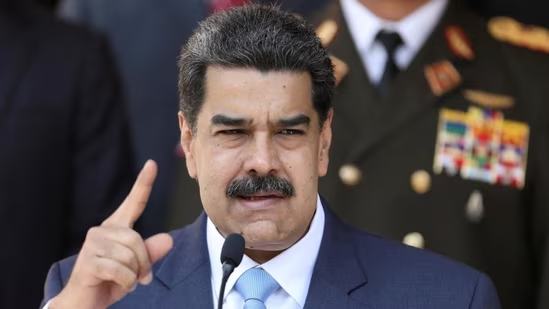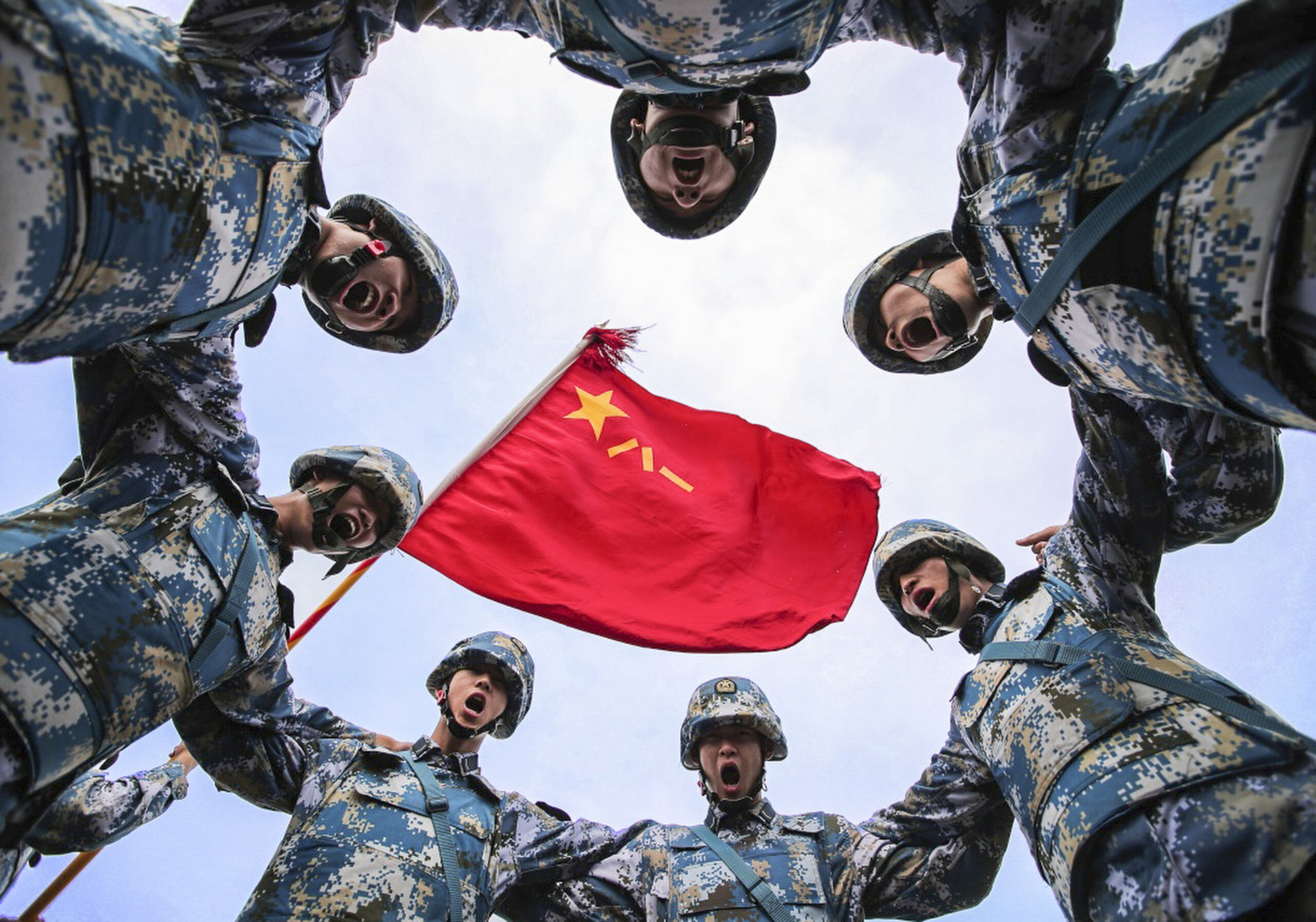Richard Sanders
A Canadian naval frigate, HMCS Ottawa, sailed through the Taiwan Strait yesterday, marking the first such passage this year and the sixth since Canada unveiled its Indo-Pacific Strategy in 2022. Taiwan’s Ministry of Foreign Affairs welcomed the move, praising Canada’s commitment to freedom of navigation and maintaining peace and openness in the Strait. The ministry stated the transit demonstrated Canada’s resolve to uphold the Strait’s legal status as international waters and protect regional stability.
Taiwan’s Ministry of National Defense confirmed the HMCS Ottawa’s north-bound transit and assured the public that its armed forces were monitoring the surrounding sea and airspace. Reports indicate the Chinese military issued a warning to the ship via radio, urging it to change course.
The passage follows a similar transit by two U.S. warships earlier last week. These transits, a regular occurrence by the U.S. and its allies, are intended to reinforce the status of the Taiwan Strait as an international waterway. China, however, views such actions as provocative.
The U.S. Navy’s recent transit drew sharp criticism from China, who said the action “sent the wrong signal and increased security risks.” In response to the increased naval activity, Taiwan’s defense ministry reported detecting a surge in Chinese military activity near the island, including “joint combat readiness patrols” involving 24 aircraft and naval vessels. Furthermore, sixty-two Chinese aircraft were detected near Taiwan in the 48 hours from 6am on Wednesday.
This recent U.S. passage occurred following a statement from U.S. President Trump and Japanese Prime Minister Ishiba opposing any unilateral attempts to alter the status quo in the Taiwan Strait through force or coercion.
Taiwan’s Ministry of Foreign Affairs reiterated its commitment to bolstering self-defense capabilities, resisting authoritarian expansion, and collaborating with like-minded nations to safeguard the rules-based international order, peace, and prosperity in the Taiwan Strait and the broader Indo-Pacific region.



